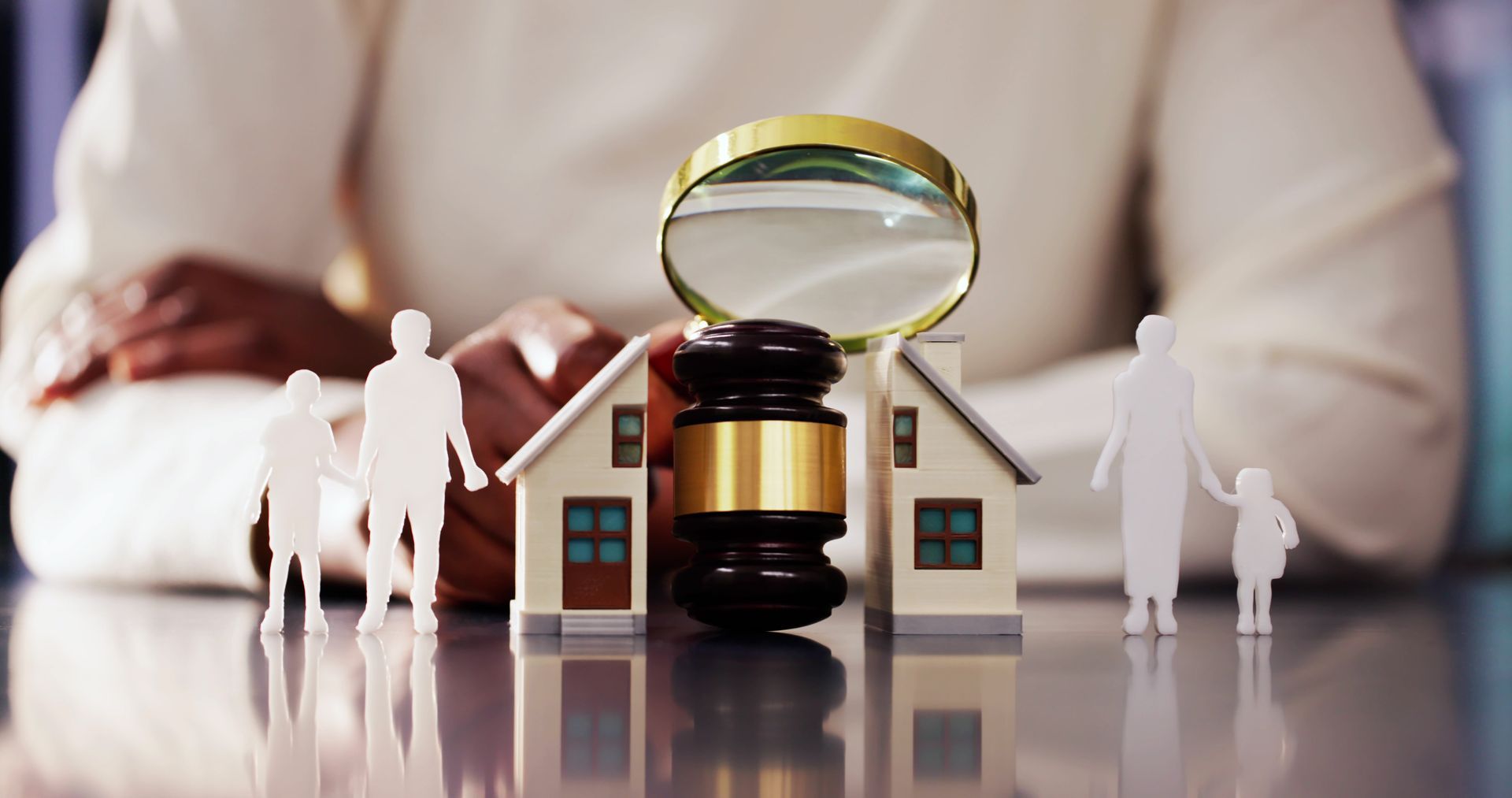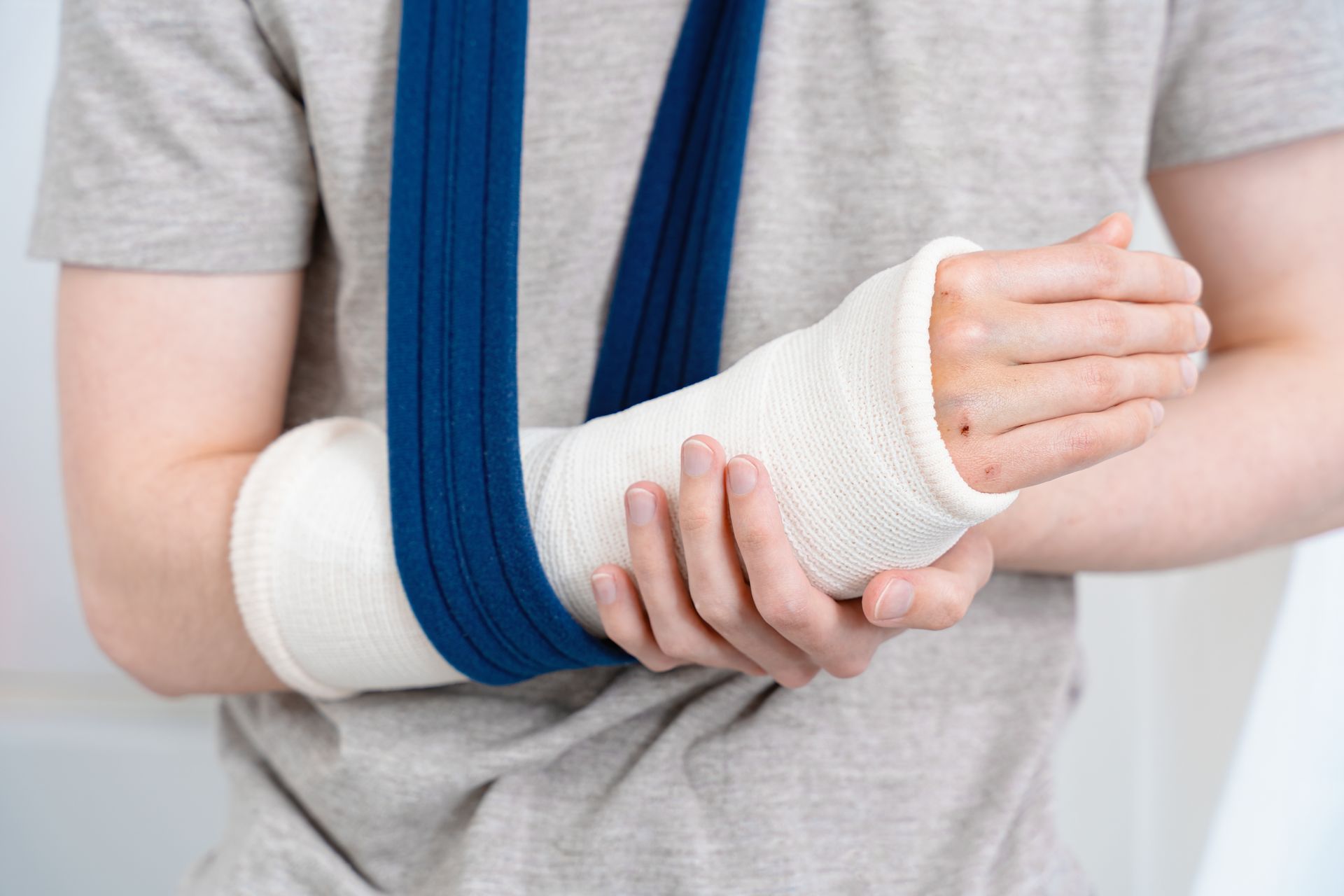Why You Shouldn’t Represent Yourself In Court
June 29, 2021
Whether you must appear in court for a civil matter or criminal matter, it may be tempting to represent yourself in order to save some money. But doing so may cost you dearly. In truth, attempting to represent yourself is one of the riskiest steps you can take when facing a legal issue. Although self-representation is permissible, it is rarely, if ever, advisable.
If you need affordable representation in a civil or criminal matter, the skilled legal team at Sayegh & Sayegh can help. Whether you are facing charges for a traffic ticket or a more serious offense or dealing with a civil matter, such as divorce or a business dispute, having experienced legal counsel by your side is essential to a favorable outcome.
Representing yourself without a lawyer is referred to as appearing “pro se,” which means “on one’s own behalf.” Generally speaking, anyone has the right to appear pro se, but there are some limitations and exceptions. These include the following scenarios:
- Corporate entities must be represented by a lawyer;
- In a class-action lawsuit, the class may not be represented by a pro se litigant; and
- A parent cannot appear pro se on behalf of their child unless they are appealing a denied claim for social security benefits.
Possibly, the only thing riskier than representing yourself in court is hiring a bad lawyer. Even if the charges against you are minor and/or you believe that the court will surely decide in your favor, appearing pro se can dramatically limit your chance for a favorable outcome. A skilled New York lawyer can help you determine how to proceed.
Just because you can do something doesn’t always mean you should . This is definitely true of representing yourself in court. Some leading reasons why self-representation is rarely a good idea include:
- You lack courtroom knowledge and experience. Failure to adhere to the rules of the court will not be “looked over” because you don’t have legal counsel. Furthermore, without courtroom knowledge, you will be unable to effectively present and object to evidence, call and interview witnesses, and argue motions. These tactics are all used to build a case and position the individual for the best possible outcome; without the knowledge of how to use these tactics, you can seriously and irreparably damage your case.
- It is very easy to inadvertently incriminate yourself. Prosecutors are skilled at asking questions to get self-incriminating answers. Normally, your own lawyer is there to advise you about how to answer and when not to answer. Without legal representation, however, you are at risk of falling victim to the prosecutor’s incriminating strategy.
- Judges are often biased against pro se litigants. Although it is your legal right to represent yourself in court, judges may view this decision as reckless and careless, and this perception may influence how they view your case. Furthermore, judges aren’t going to help you or guide you through the process simply because you choose to represent yourself. If you appear pro se, you truly are on your own.
- You are more likely to be convicted in a criminal case. Whether you are defending yourself against a traffic ticket or something more serious, self-representation dramatically increases your likelihood of a conviction.
- In civil matters, such as divorce, the complexities of New York statutes and the potential for errors in paperwork filing are immense. Knowing where, how, and when to file required forms is essential, and failure to follow these strict rules can lead to costly delays and unfavorable decisions. Beyond these documents, it is also important to fully understand the statutes that apply to your unique case, as well as your rights and obligations. Without extensive legal knowledge, this is virtually impossible. As such, it is common for pro se litigants in civil matters to accidentally undermine their own best interests.
With skilled legal counsel by your side, your chances of a favorable outcome increase exponentially. Although legal representation does come with a cost, the benefits of that cost are substantial. Having an experienced New York attorney by your side helps to ensure that:
- You fully understand your rights and options;
- Your legal strategy takes your best interests into consideration;
- Your legal rights are protected;
- You do not incriminate yourself;
- Affidavits are submitted properly;
- Paperwork is filled out correctly and filed in a timely manner;
- You understand legal terms;
- You follow courtroom procedures and standards of conduct;
- You are painted in the most favorable light possible; and
- You can appeal an unfavorable decision.
Whether you are facing the possibility of criminal charges, hefty fines, and jail time, or in the midst of a divorce, child custody battle, or business dispute, the difference between a good outcome and a bad outcome can greatly impact your entire life. Why would you leave that up to chance by representing yourself in court? Unless you have a legal background and extensive knowledge of courtroom protocol, it is always in your best interest to consult with legal counsel.
If you are facing any type of legal issue, the skilled legal team at Sayegh and Sayegh can help. Our experienced, highly knowledgeable attorneys will thoroughly review your case, determine the most appropriate legal strategy, gather evidence to substantiate your claim, and position you for the best possible outcome. And we will do all of this at an affordable rate. Although it can be tempting to represent yourself in an effort to save money, appearing pro se frequently costs more in the long run. If you are facing a legal matter, we can help.
Contact Sayegh and Sayegh today for a confidential consultation about your case.

Semi Truck Driver Fatigue Causing an Accident: The Role of Log Books and Personal Injury in New York


















